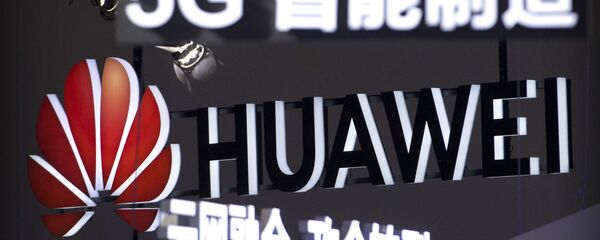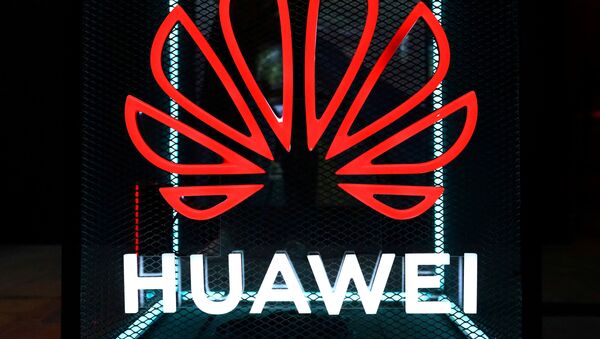Huawei has condemned a recent article by the US-based Wall Street Journal that alleged the company had strongly benefited from $75 billion in state support from the Chinese government. The telecom giant insisted that the report was “based on false information” and “poor reasoning”, reserving the option of taking legal action against the newspaper, which the company said was publishing “untruths” about the firm “once again”.
“Recently, The Wall Street Journal published a number of disingenuous and irresponsible articles about Huawei. These articles have seriously damaged Huawei’s reputation. Huawei reserves the right to take legal action to protect our reputation”, the company said in a statement, published on its Twitter account.
Once again, the @WSJ has published untruths about #Huawei based on false information. This time, wild accusations about Huawei’s finances ignore our 30 years of dedicated investments in R&D that have driven innovation and the tech industry as a whole. Read on for the #facts. pic.twitter.com/MpFVDIUecO
— Huawei (@Huawei) December 26, 2019
What’s Inside the Report?
The WSJ’s report, published on 25 December, claimed that the Chinese government had largely helped Huawei to “rise to the top of global telecommunications” by providing it with state support of around $75 billion by means of grants, credit facilities, tax breaks, and discounts on land purchases. For example, it cited figures showing that Huawei benefitted some $46 billion just through financing from state lenders – figures that were based on the journal’s research, as described in a separate article.
Although not referring to the numbers directly, Huawei slammed the outlet’s findings, insisting that while it had applied for government subsidies “just like any other company”, it had mainly used the funds to support its research and development programmes.
“The truth is that Huawei’s success is the result of our 30 years of heavy investment in R&D, our focus on customer needs, and the dedication of our 190,000+ employees”, the statement read.
“Huawei is a private company wholly owned by its employees”, the telecom provider added, while insisting that it “never received any additional or special treatment” from the Chinese government.

The Chinese tech giant has been at sword’s point with the Trump administration over allegations that the company has been engaged in illegal surveillance practices on behalf of China's government and may potentially have handed over network data at the authorities' request – something that has been repeatedly denied both by Huawei officials and Beijing. In May 2019, Washington blacklisted the company and 68 of its subsidiaries from doing business with American companies.


